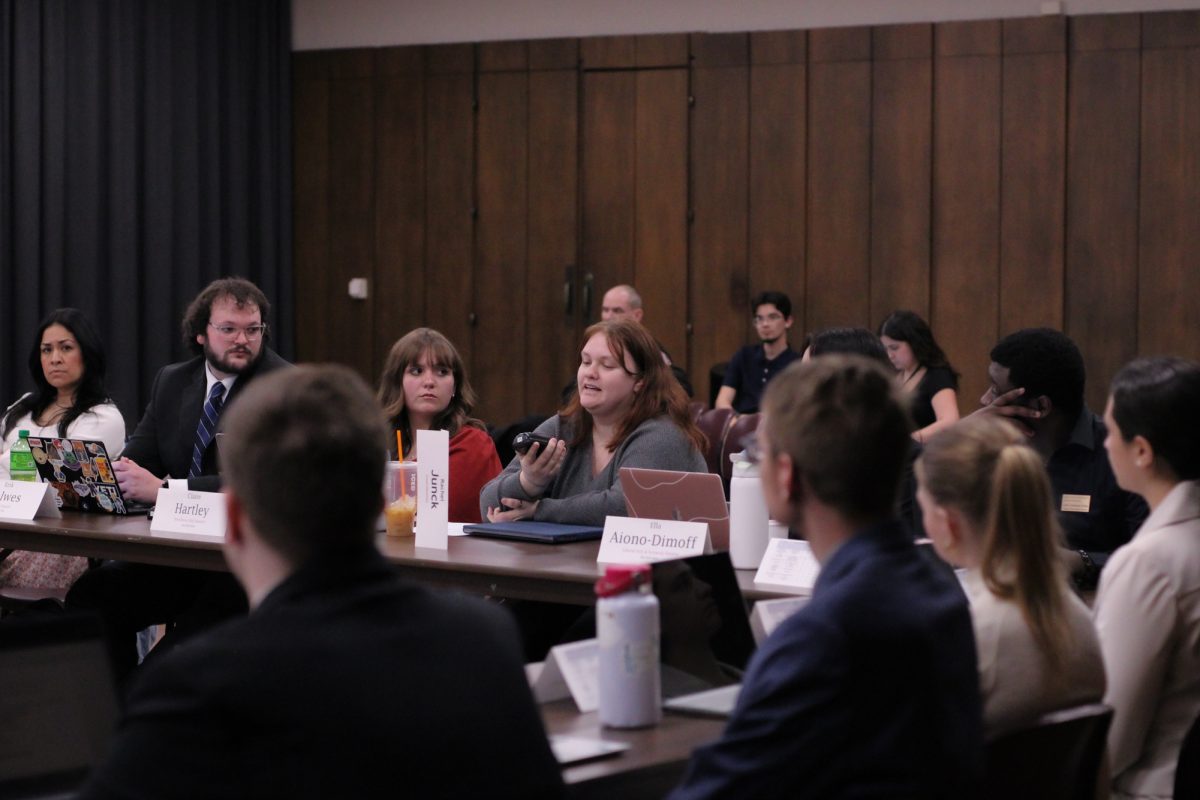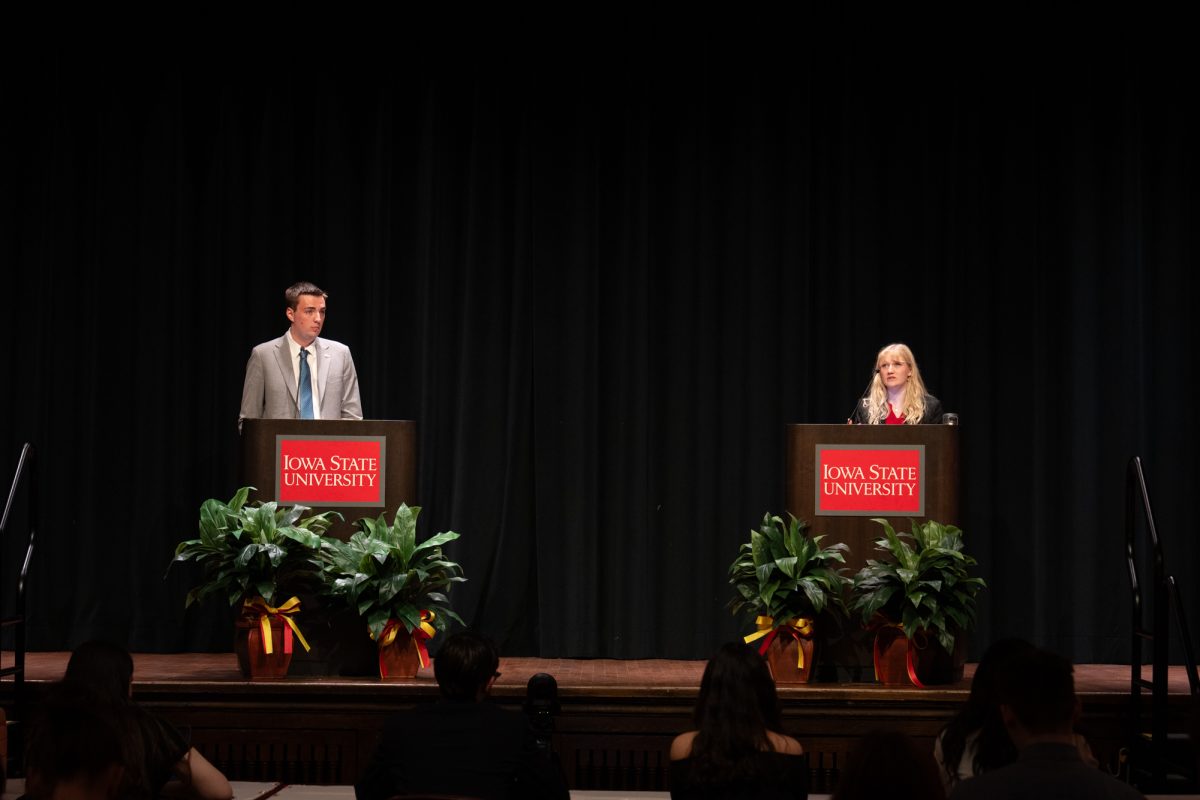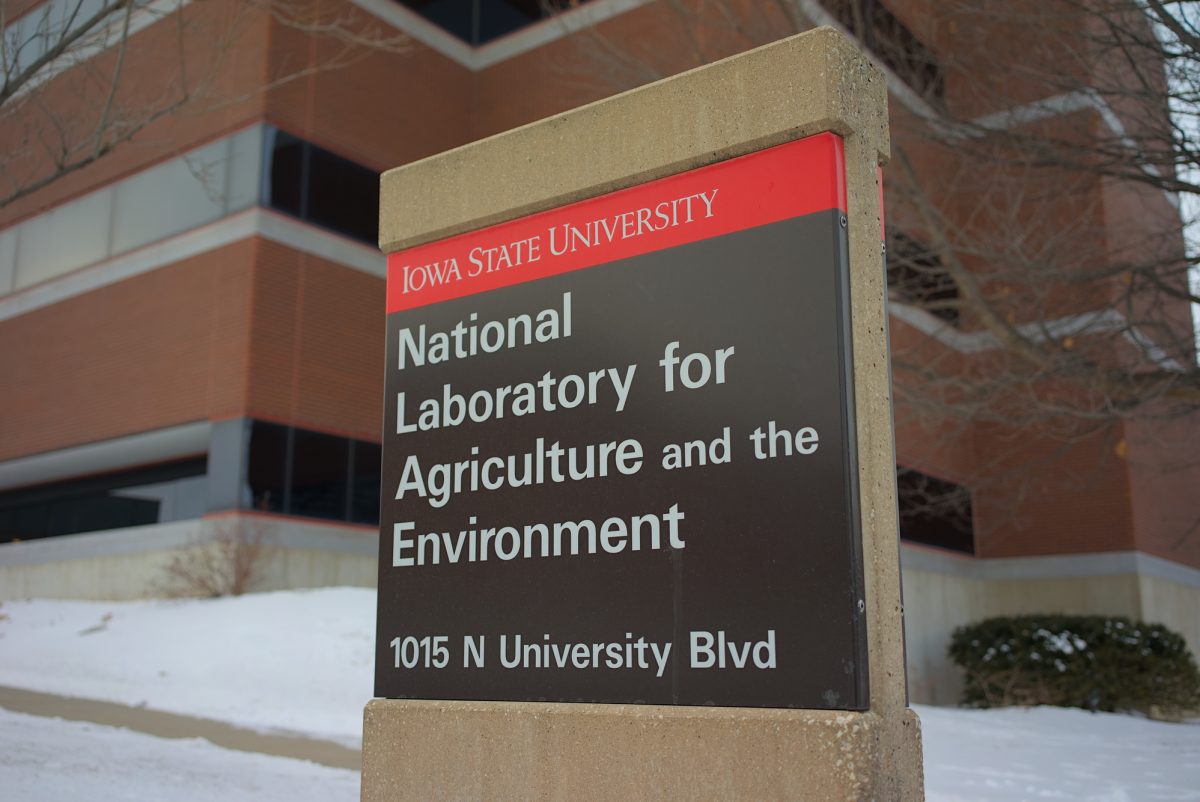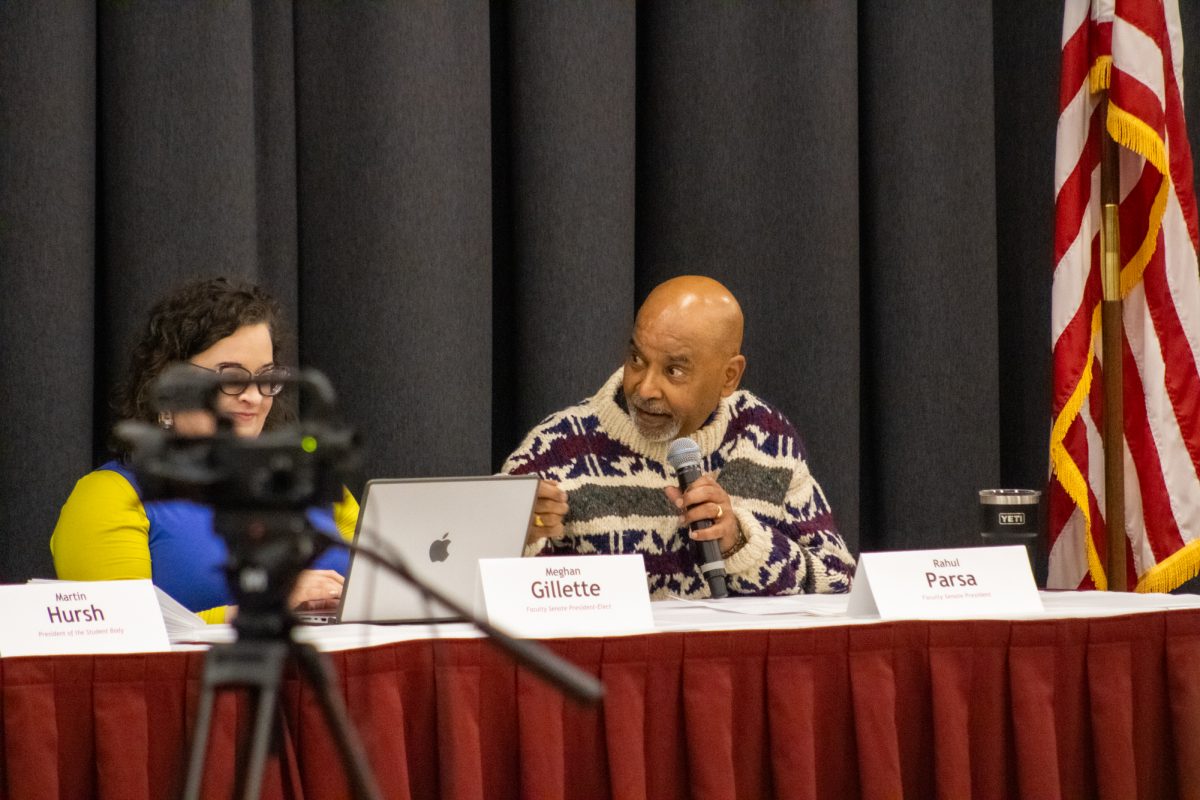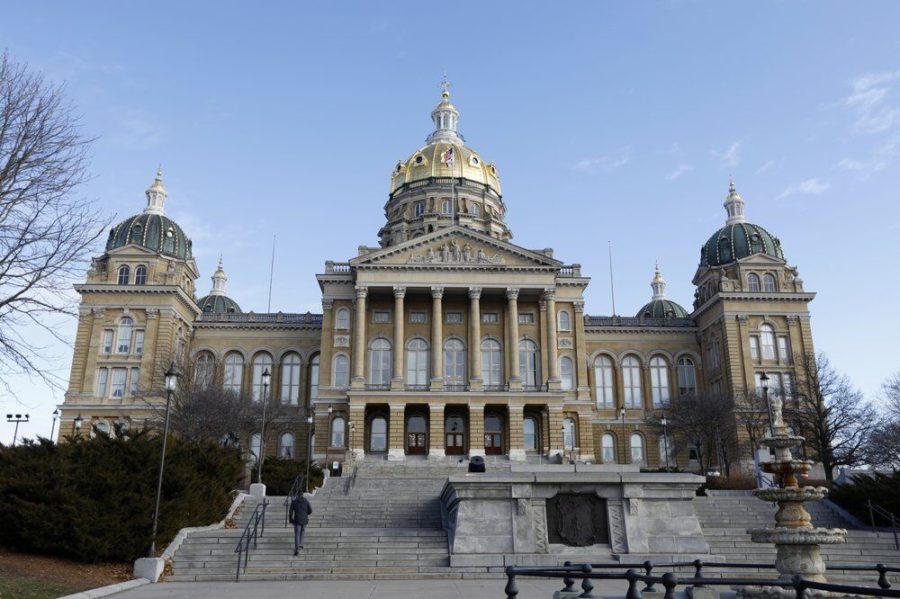Gov. Kim Reynolds signed new education legislation altering the funding structure of Iowa Area Education Agencies (AEA) and increasing starting teacher pay.
Reynolds signed House File 2612 on March 27 during a ceremony at the Iowa State Capitol building, according to the Des Moines Register.
The Republican governor supported the new policies in House File 2612, which will alter the funding of general education, special education and media services.
The bill will give school districts direct access to their funding for general education and media services, like libraries, within two years of implementation. This will give districts the choice to work with AEAs for these services or work with other third-party sources.
AEAs have been working with Iowa school districts since 1974, according to the Heartland AEA. Director of Educator Preparation Programs, professor Larry Bice, says that the impacts of this restructuring are unknown at this time.
“I think it’s a wait-and-see,” Bice said. “Anytime a district can have local control to control their destiny and spending, manage their own spending, that’s going to be beneficial for that district. However, if the funding doesn’t match the requirements they have, the needs that they have, that is going to be detrimental. Again, we just have to wait and see.”
Special education funding and services, a primary function of the AEA, will also be altered following the signing of House File 2612. The AEA was formerly responsible for handling special education funds for school districts and providing support for families that have children with disabilities or special needs.
“The major emphasis is on special education support for students directly, support for teachers and professional development for students with special needs,” Bice said. “The AEAs also provide professional development for teachers and staff across the board. One very specific and important thing that I think isn’t focused on a lot is that the AEAs are responsible for doing the diagnostic assessments for a student who may be identified for special needs.”
Iowa State student organization Equipping Math Teachers President Parker Bekkerus, a senior in mathematics, said that as a future teacher, he knew that AEAs were heavily involved in special education services.
“I’ve always grown up knowing that AEAs are super important, especially for special education services,” Bekkerus said. “I think it’s just a good resource, especially for teachers and especially those without a [special education] endorsement or don’t have a lot of experience working with special education students.”
Starting in the 2025-26 school year, 90% of special education funding will go to the AEAs after first being allocated to the school district. This gives districts control over 10% of their special education budget.
The restructuring of AEA funds has been controversial, causing protests at the state capitol. Families with children with disabilities have also spoken against the legislation at legislative hearings, according to the Des Moines Register.
Barb Wheelock, an Ames resident, is a member of PRO Iowa 24, a group of concerned rural Iowans from Greene, Guthrie, Boone, Story and Dallas counties.
“There was a letter by a group of school superintendents that I read that talked about how this could have a negative impact on schools that have fewer resources to begin with because specialized services can be expensive and harder to find the trained personnel to provide these services in rural areas,” Wheelock said. “If they’re left on their own to do that, it could end up being much more expensive and more difficult to provide the services they need.”
In addition to the restructuring of AEA funds, the new legislation also set a new minimum for starting teachers’ salaries.
Within two years of implementation, teachers’ salaries will begin at $50,000, an increase from the current minimum of $33,500. Teachers with 12 or more years of experience will have a minimum salary of $62,000.
Starting in July, new teacher salaries will be set at a minimum of $47,500.
“I think it’s about time,” Bice said. “That’s obviously a good part of the bill; that’s why it was put in there. This brings teachers up to the state average, which is a good thing. I’m glad to see it.”
Bekkerus also supported the raised minimum salary but has concerns regarding the packaging of this legislation with the AEA bill.
“It is nice that they’re finally doing something and listening to the teachers saying we need a pay raise and feel supported,” Bekkerus said. “It does suck that they’re having it come at the expense of the AEAs because, as a teacher, it feels like I’m the one guilty for taking money out of the education of special education services. It gets put on my conscience.”
This packaging was a controversial one, with some arguing that it was a political tactic.
“I feel like it was a political tactic to stick it in with the AEA bill, but I’m glad the teacher got the pay raise,” Wheelock said.
Wheelock urges Iowans to reach out to their legislators to speak about this new legislation and share their opinions with both Republican and Democratic leadership.






